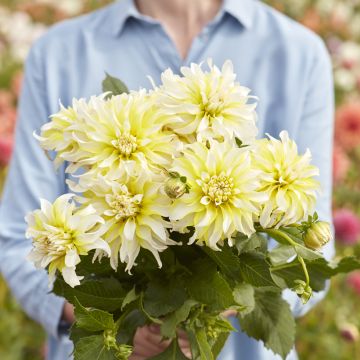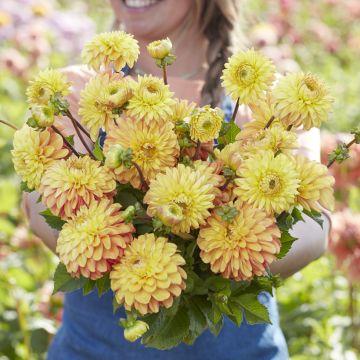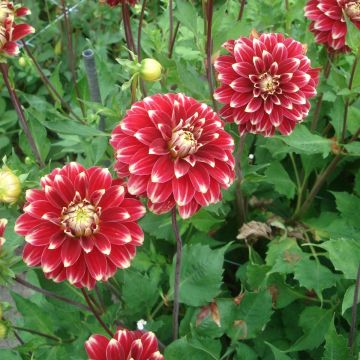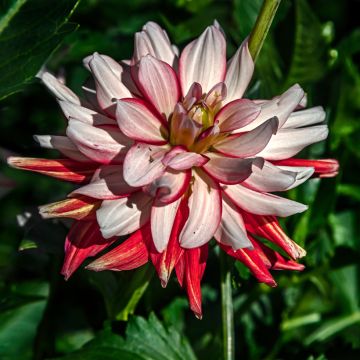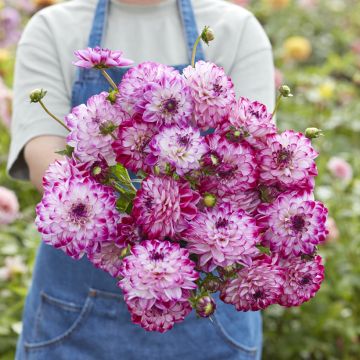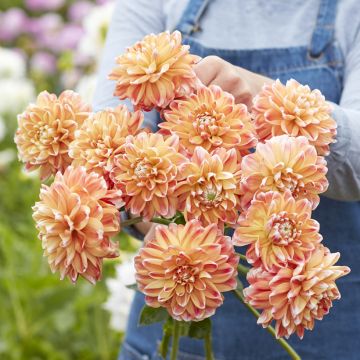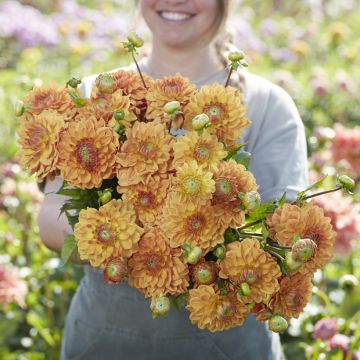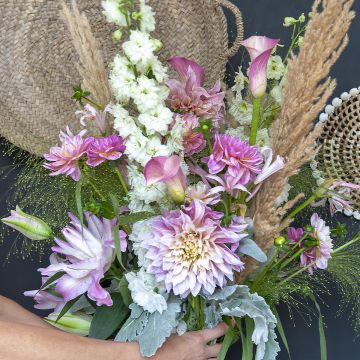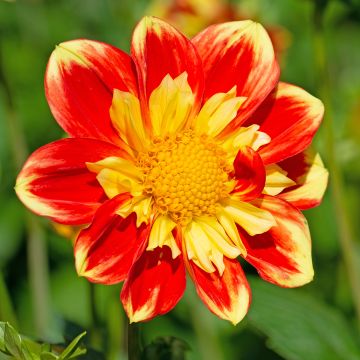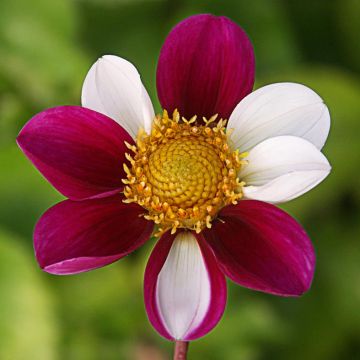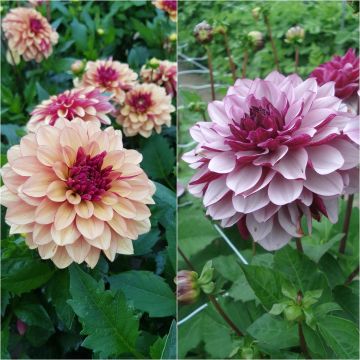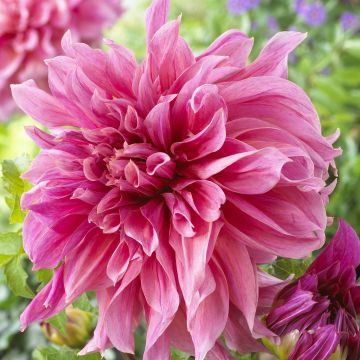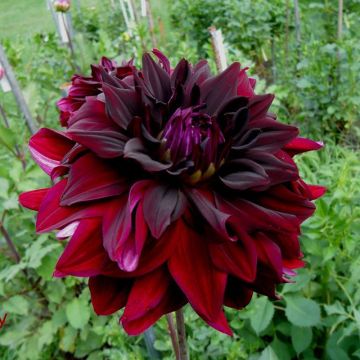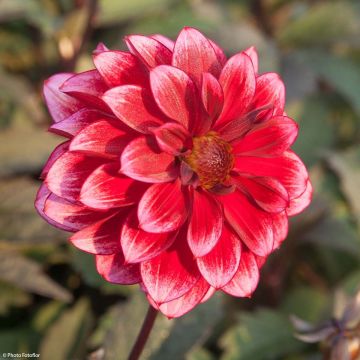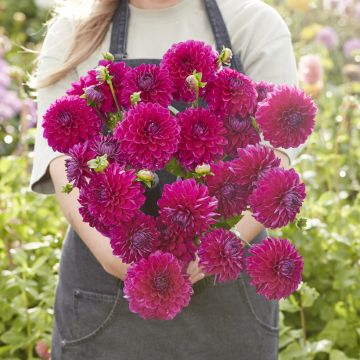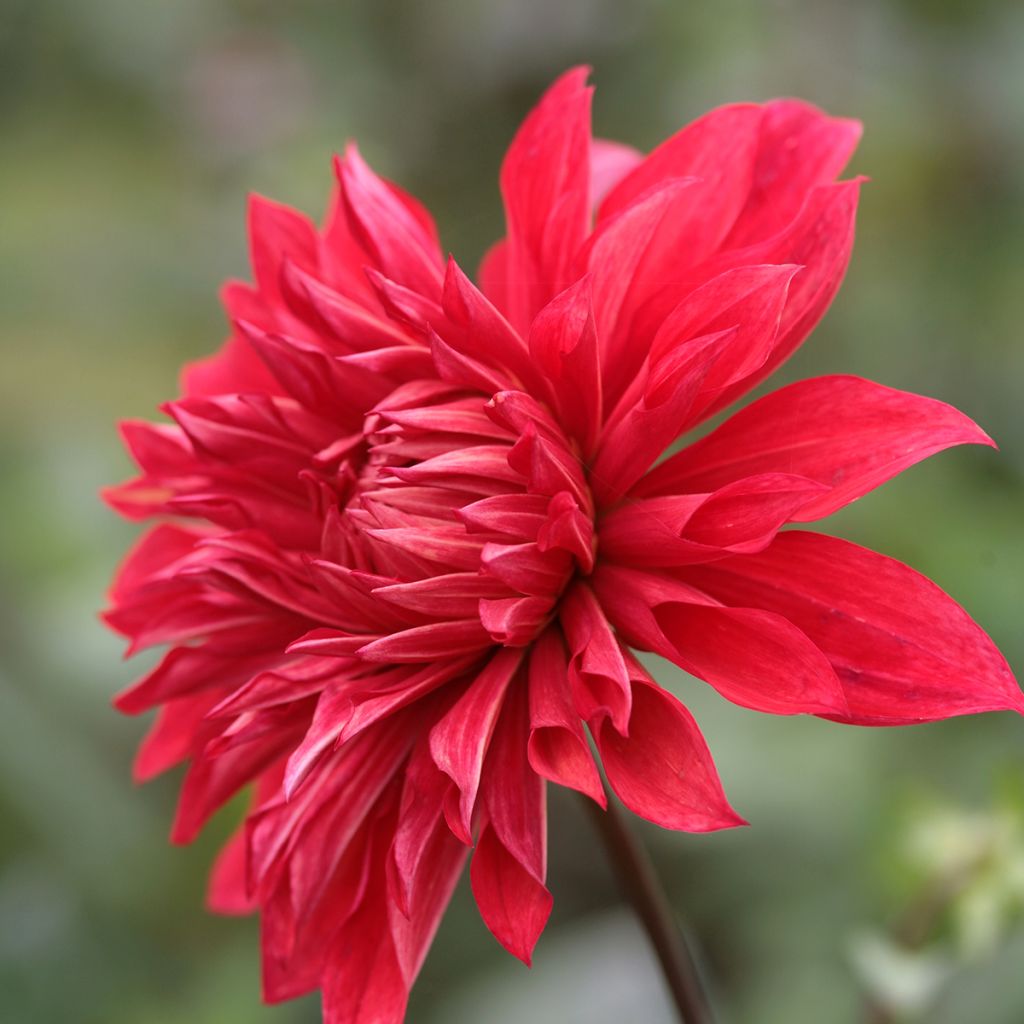

Dahlia Babylon Red
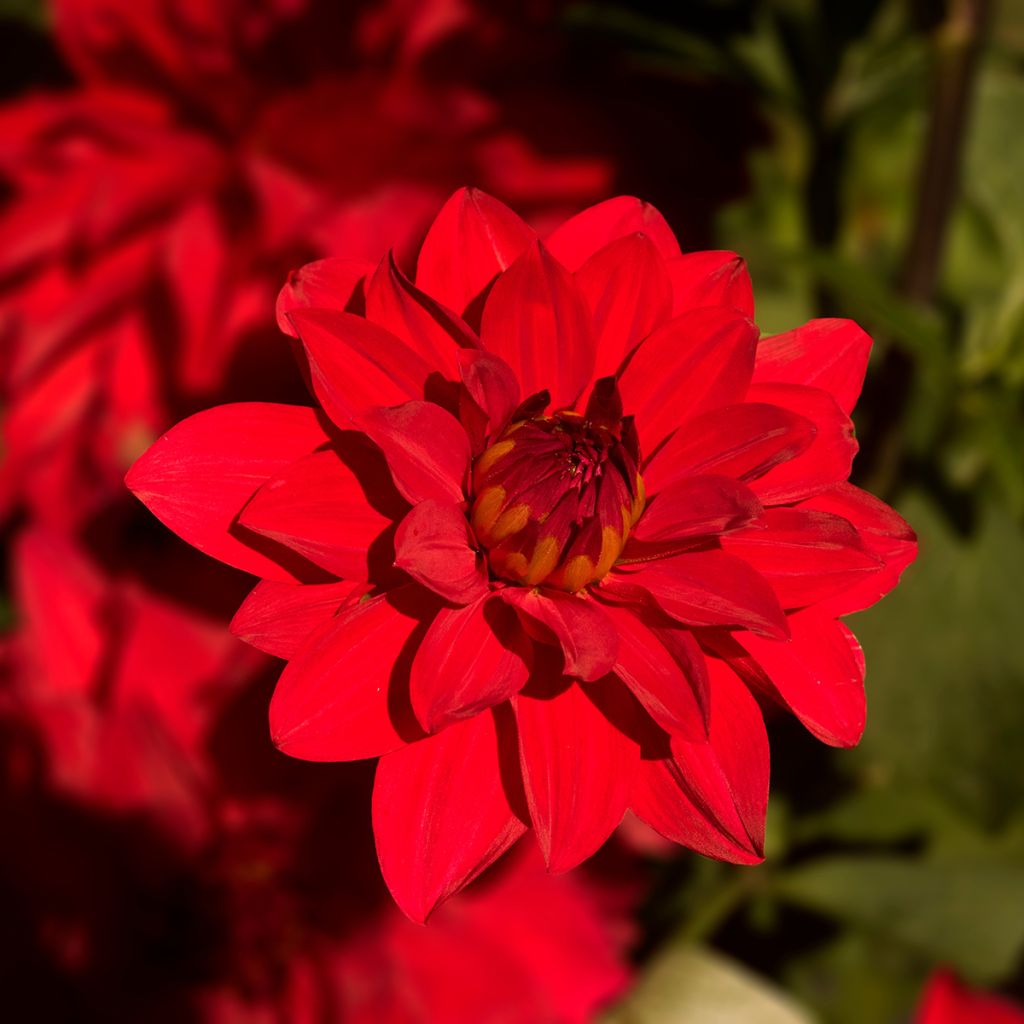

Dahlia Babylon Red
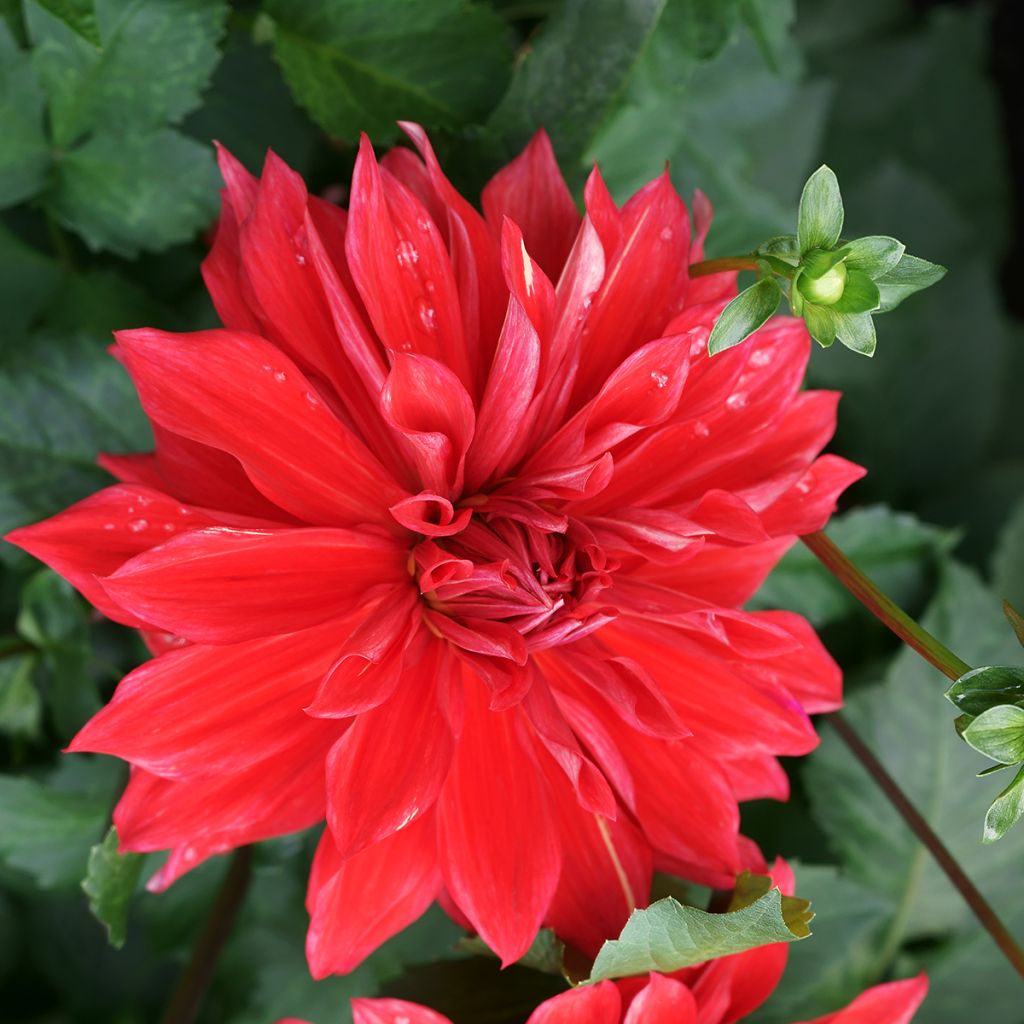

Dahlia Babylon Red
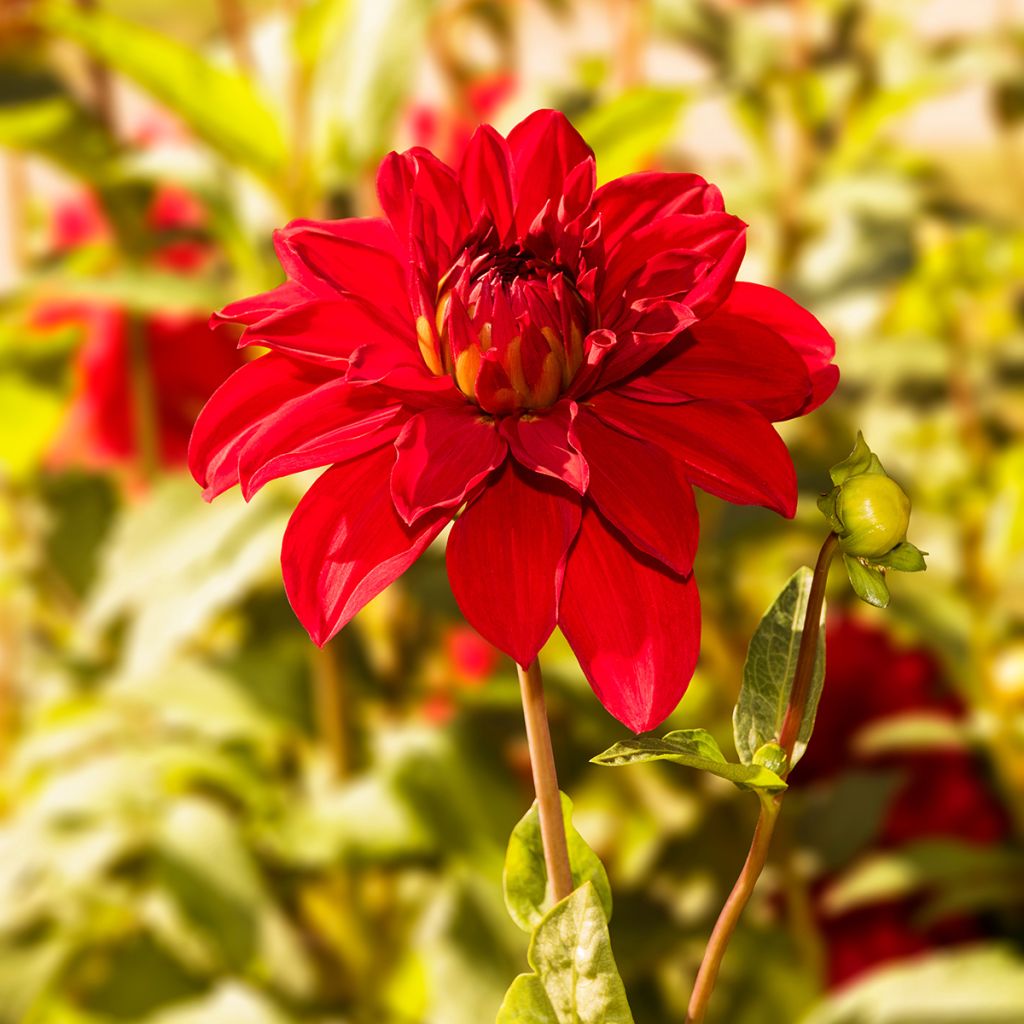

Dahlia Babylon Red
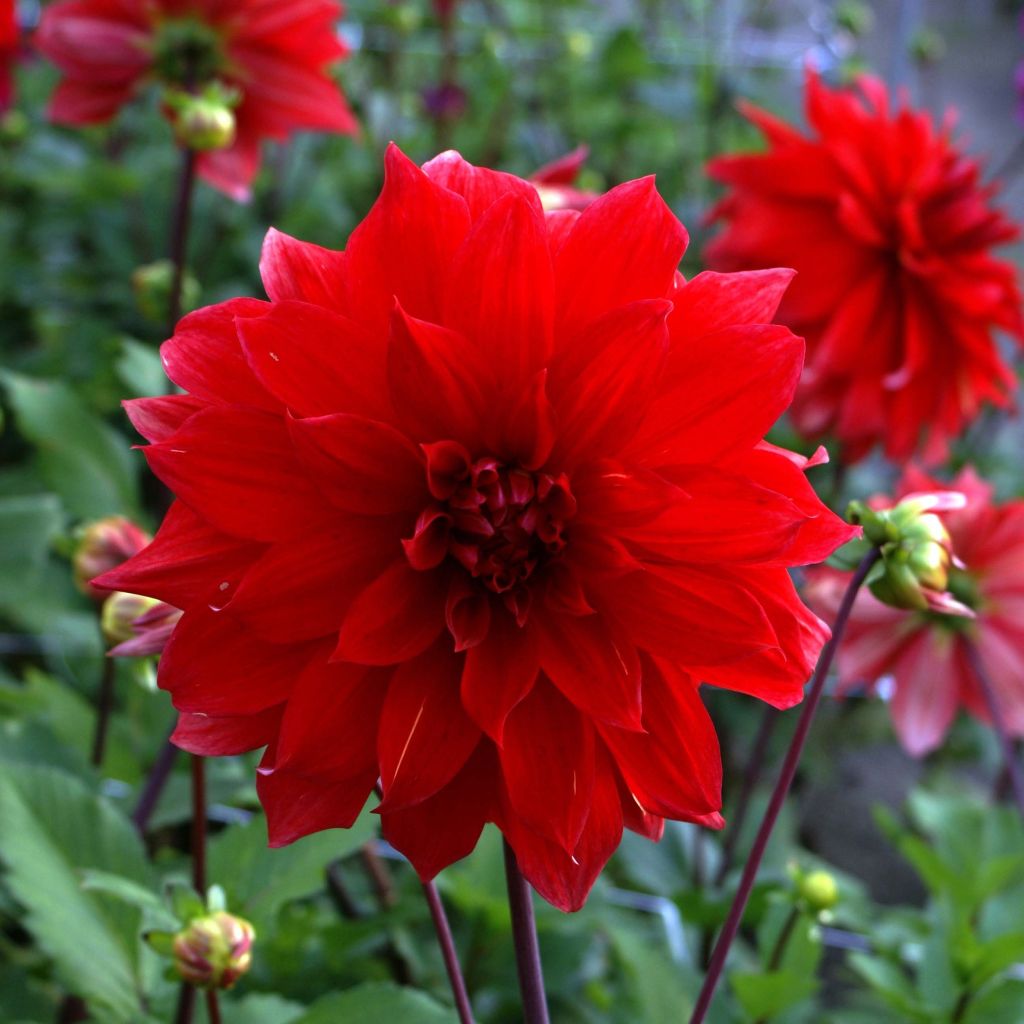

Dahlia Babylon Red
View more pictures
Hide images
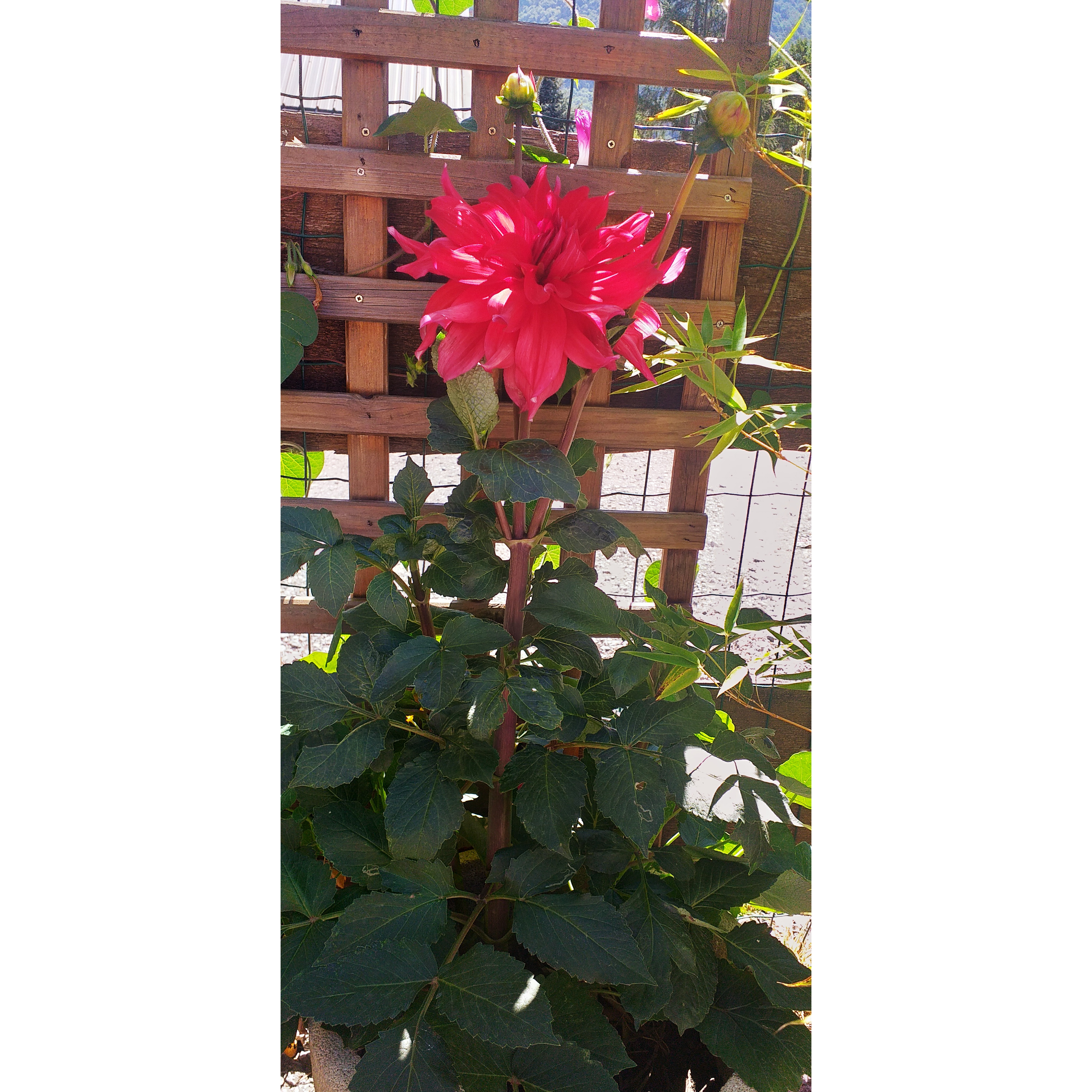
Nilla P.

If the customer review does not contain any text, I cannot provide a translation.
Nilla P. • 38 FR
Dahlia Babylon Red
Dahlia Babylon rouge
Dahlia
Only one tubercle flowered. Very beautiful flowers with a flamboyant colour. It's a shame the other two didn't produce anything.
Christiane, 12/11/2025
Special offer!
Receive a €20 voucher for any order over €90 (excluding delivery costs, credit notes, and plastic-free options)!
1- Add your favorite plants to your cart.
2- Once you have reached €90, confirm your order (you can even choose the delivery date!).
3- As soon as your order is shipped, you will receive an email containing your voucher code, valid for 3 months (90 days).
Your voucher is unique and can only be used once, for any order with a minimum value of €20, excluding delivery costs.
Can be combined with other current offers, non-divisible and non-refundable.
Home or relay delivery (depending on size and destination)
Schedule delivery date,
and select date in basket
This plant carries a 6 months recovery warranty
More information
We guarantee the quality of our plants for a full growing cycle, and will replace at our expense any plant that fails to recover under normal climatic and planting conditions.

Would this plant suit my garden?
Set up your Plantfit profile →
Description
The 'Babylon Red' decorative Dahlia will delight enthusiasts of giant flowers with exceptional colours. The flowers of this variety, of the "dinnerplate" type, are truly enormous, as wide as a plate, well double, slightly flattened, and a very pure red with a slightly purple heart. Despite their size, these sumptuous flowers show excellent resistance due to their structure that allows rain to flow through. The plant, otherwise sturdy, produces very rigid stems. And the spectacle of this flowering, visible from far away, is constantly renewed from July until the first frosts.
Dahlias are tuberous plants from the large Asteraceae family, originally native to the high plateaus of Mexico. Currently, the approximately 25,000 horticultural varieties obtained by humans have invaded, much to our delight, gardens all over the world. Dahlias are classified according to the shape of their flower. 'Babylon Red' is classified in the category of decorative Dahlias, but also as Giants, due to the size of its heads. In this group, the coloured ligules of the head are regularly arranged in a spiral, they can be bent towards the stem or curled, for example. In this variety, the heads are 20 to 25cm (8 to 10in) in diameter and their ligules are oval to lanceolate, slightly pleated and folded, with a fine texture. Flowering takes place from July to October-November. The plant will reach an average height of 1m (3ft) and a width of 60 to 70cm (24 to 28in), with a bushy and upright habit. The very branched stems are hollow and the leaves are divided into 3 or 5 very denticulate leaflets. The leaves are a fairly dark green and the stems are more or less tinged with purple.
To promote repeat flowering and extend the flowering period, take care to remove faded flowers. Even better, regularly create attractive colourful bouquets by combining various varieties. Decorative Dahlias go well with Gauras and Cleomes, which will lighten their generous silhouette and bountiful flowering. The dazzling flowers of 'Babylon Red' also allow for numerous associations in floral compositions. The beautiful stature of this variety makes it suitable for the back of perennial beds, of course, to structure an ensemble composed of flowering shrubs (Cotinus, Compact Winged Euonymus, Loropetalum) and lower perennials. The flowering of Echinaceas is perfect in accompaniment to that of Dahlias, as well as that of perennial salvias, for example. Also consider grasses (Miscanthus, Stipa arundinacea, Eragrostis trichodes) which take on lovely colours in autumn.
As a star plant in ornamental gardens, Dahlias are undoubtedly beautiful flowers. They are perfect in flower beds but can also enhance the vegetable garden. In Mexico, these tubers were first cultivated as root vegetables for consumption. Their poor taste quickly relegated them to the rank of ornamental plants. Since then, interest in their beautiful exuberance has never waned.
Report an error about the product description
Dahlia Babylon Red in pictures


Plant habit
Flowering
Foliage
Botanical data
Dahlia
Babylon rouge
Asteraceae
Dahlia
Cultivar or hybrid
Other Ornamental Dahlias
View all →Planting and care
The decorative Dahlia 'Babylon Red' is easy to grow in all regions. For abundant flowering, it is good to follow a few simple rules. Plant the tubers in full sun as soon as the last frosts are over. Rich, fresh, and well-drained soil is perfect. However, stagnant moisture would promote the rotting of the tubers. Feel free to amend the soil with compost and sand if necessary. Work the soil deeply and enrich it, for example, with crushed horn or dehydrated blood. Place your tuber and crumble the soil well to fill without any air pockets. Your dahlia should be covered with about 6cm (2in) of soil. At the end of planting, water it once abundantly, then repeat this watering regularly during the first 6 weeks to help with rooting.
Dahlias are sensitive to cold, so they need to be overwintered. In November, the first frosts blacken the foliage, that's when you should dig them up. Carefully remove the tubers. Remove as much soil as possible. Let the foliage dry so that the tubers can replenish their reserves. Then cut the stems to 10cm (4in). Spread your bulbs in a crate on newspaper. Store them away from frost in a dry, cool, and dark place, such as a frost-free garage or an attic. In regions in the South, close to the coast, where there are only a few days of frost per year, it is possible to leave them in place. In this case, simply cover the ground with a layer of leaves or straw for protection.
This large Dahlia, with its hollow stems, is still sensitive to strong winds or heavy rains. To overcome this inconvenience, you can stake it, but let's agree, it's not very aesthetic. On the other hand, by pinching the stems early or removing the axial flower buds, you can spread out the habit of the plant, which will offer more resistance to bad weather. At the same time, you channel the flow of sap to a single flower, which will become larger and stronger.
Planting period
Intended location
Care
-
, onOrder confirmed
Reply from on Promesse de fleurs
Similar products
Haven't found what you were looking for?
Hardiness is the lowest winter temperature a plant can endure without suffering serious damage or even dying. However, hardiness is affected by location (a sheltered area, such as a patio), protection (winter cover) and soil type (hardiness is improved by well-drained soil).

Photo Sharing Terms & Conditions
In order to encourage gardeners to interact and share their experiences, Promesse de fleurs offers various media enabling content to be uploaded onto its Site - in particular via the ‘Photo sharing’ module.
The User agrees to refrain from:
- Posting any content that is illegal, prejudicial, insulting, racist, inciteful to hatred, revisionist, contrary to public decency, that infringes on privacy or on the privacy rights of third parties, in particular the publicity rights of persons and goods, intellectual property rights, or the right to privacy.
- Submitting content on behalf of a third party;
- Impersonate the identity of a third party and/or publish any personal information about a third party;
In general, the User undertakes to refrain from any unethical behaviour.
All Content (in particular text, comments, files, images, photos, videos, creative works, etc.), which may be subject to property or intellectual property rights, image or other private rights, shall remain the property of the User, subject to the limited rights granted by the terms of the licence granted by Promesse de fleurs as stated below. Users are at liberty to publish or not to publish such Content on the Site, notably via the ‘Photo Sharing’ facility, and accept that this Content shall be made public and freely accessible, notably on the Internet.
Users further acknowledge, undertake to have ,and guarantee that they hold all necessary rights and permissions to publish such material on the Site, in particular with regard to the legislation in force pertaining to any privacy, property, intellectual property, image, or contractual rights, or rights of any other nature. By publishing such Content on the Site, Users acknowledge accepting full liability as publishers of the Content within the meaning of the law, and grant Promesse de fleurs, free of charge, an inclusive, worldwide licence for the said Content for the entire duration of its publication, including all reproduction, representation, up/downloading, displaying, performing, transmission, and storage rights.
Users also grant permission for their name to be linked to the Content and accept that this link may not always be made available.
By engaging in posting material, Users consent to their Content becoming automatically accessible on the Internet, in particular on other sites and/or blogs and/or web pages of the Promesse de fleurs site, including in particular social pages and the Promesse de fleurs catalogue.
Users may secure the removal of entrusted content free of charge by issuing a simple request via our contact form.
The flowering period indicated on our website applies to countries and regions located in USDA zone 8 (France, the United Kingdom, Ireland, the Netherlands, etc.)
It will vary according to where you live:
- In zones 9 to 10 (Italy, Spain, Greece, etc.), flowering will occur about 2 to 4 weeks earlier.
- In zones 6 to 7 (Germany, Poland, Slovenia, and lower mountainous regions), flowering will be delayed by 2 to 3 weeks.
- In zone 5 (Central Europe, Scandinavia), blooming will be delayed by 3 to 5 weeks.
In temperate climates, pruning of spring-flowering shrubs (forsythia, spireas, etc.) should be done just after flowering.
Pruning of summer-flowering shrubs (Indian Lilac, Perovskia, etc.) can be done in winter or spring.
In cold regions as well as with frost-sensitive plants, avoid pruning too early when severe frosts may still occur.
The planting period indicated on our website applies to countries and regions located in USDA zone 8 (France, United Kingdom, Ireland, Netherlands).
It will vary according to where you live:
- In Mediterranean zones (Marseille, Madrid, Milan, etc.), autumn and winter are the best planting periods.
- In continental zones (Strasbourg, Munich, Vienna, etc.), delay planting by 2 to 3 weeks in spring and bring it forward by 2 to 4 weeks in autumn.
- In mountainous regions (the Alps, Pyrenees, Carpathians, etc.), it is best to plant in late spring (May-June) or late summer (August-September).
The harvesting period indicated on our website applies to countries and regions in USDA zone 8 (France, England, Ireland, the Netherlands).
In colder areas (Scandinavia, Poland, Austria...) fruit and vegetable harvests are likely to be delayed by 3-4 weeks.
In warmer areas (Italy, Spain, Greece, etc.), harvesting will probably take place earlier, depending on weather conditions.
The sowing periods indicated on our website apply to countries and regions within USDA Zone 8 (France, UK, Ireland, Netherlands).
In colder areas (Scandinavia, Poland, Austria...), delay any outdoor sowing by 3-4 weeks, or sow under glass.
In warmer climes (Italy, Spain, Greece, etc.), bring outdoor sowing forward by a few weeks.






























